
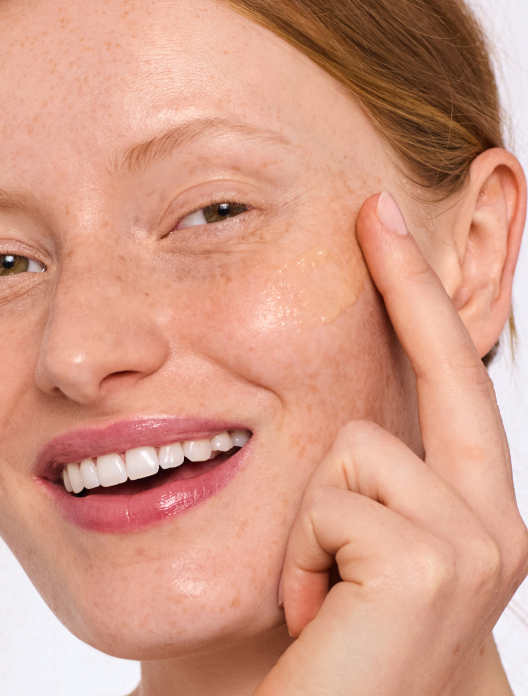
Boost Up
Unser 30 % Vitamin C Serum schenkt sofortigen Glow, erhöht die Strahlkraft der Haut und ist nur für erfahrene Hautpflege-Fans (nicht für sensible Haut) geeignet
Kostenloser Versand bei Bestellungen über 150 €*

If you’re serious about skincare, we’re willing to bet you’re up to speed with what retinal and vitamin C do. As a little refresher, vitamin C is a powerful antioxidant. It does a brilliant job of shielding skin from free radicals. This scientific term refers to molecules that come from things like sunlight, pollution and stress, and have the potential to cause damage to our skin cells. Vitamin C also brightens and evens skin tone, for an all-round more radiant complexion. Boost Up, our 30% Vitamin C serum, is highly active and a patch test on the forearm is advised before the first use.
Retinal is a part of a family of ingredients called retinoids, and is closely related to prescription-only ingredient retinoic acid. As we age, the rate at which our skin turns over old, redundant cells slows, and it also produces less collagen – the protein which gives it its spring, bounce and firmness. Retinal helps skin to behave more like its younger self, keeping it looking fresh and renewed, with less visible fine lines and wrinkles.
As you can see, neither ingredient shys away from hard work, rather they take on the heavy lifting to improve the health and appearance of your skin. With these important cornerstones in place, there’s less pressure on the rest of your routine, and anything you do alongside this will work more efficiently. Consider vitamin C and retinal the staple pieces within your wardrobe, like your favourite blazer or most trusted pair of jeans – with them to rely on, it’s easier to build outfits you love.
Aside from SPF, no elements of skincare play such an important role as vitamin C and retinal. Each complements the work of the other, making them a perfect pairing.
Case in point: keeping skin abundant in collagen. When our skin is exposed to UV rays and pollution, the collagen which keeps our skin looking plump and youthful starts to deplete. Imagine it like an ice cube left out of the freezer. With vitamin C supporting the work of your SPF by defending the skin, these free radicals can’t damage your collagen (or melt the ice) meaning skin retains its bounce for longer. Retinal also plays a role in supporting collagen. It encourages skin to make more of this important protein, topping up the stocks we have lost.
Vitamin C and retinal also work well together to keep your complexion bright and with a more even tone. Again, vitamin C is in defence mode, helping to prevent the melanocytes (the cells in our skin that produce pigment) from malfunctioning to create things like sun spots. If you have developed uneven pigmentation, retinal will help lessen its appearance on the skin. It does this by speeding up cell turnover, bringing fresher skin to the surface and sending older, marked skin packing. Think of it like polishing a table to remove left-over dust.
As with all skincare, prevention is better than cure. The earlier you start to really look after your skin, the less you’ll need to remedy concerns such as sagging from loss of collagen, or uneven pigmentation from the sun, as you travel down the path of life. But that doesn’t mean that it’s ever too late to start. Other than in your 30s, the second best time to introduce these two key ingredients is now.
The timing and order of your skincare products is really important. As one of its key talents is protecting your complexion from free radicals, vitamin C is best used during the day when you’re out and about. It essentially sacrifices itself, helping to take the brunt of damage instead of your skin. If dullness or uneven pigmentation are among your most pressing skin gripes, vitamin C can additionally be used at night, but only using it in this way will mean you don’t reap all of the benefits.
Retinal, on the other hand, should only ever be used in the evening. It can break down in sunlight, increasing the risk of irritation. Also, as one of its functions is to speed up cell turnover, bringing younger, fresher skin to the surface, there is an increased risk of sun damage. Sticking to night-time use, and following with an SPF the following day, will negate any concerns here.
The answer to the commonly asked question of whether you can use retinal and vitamin C together is two-fold.
Both retinal and vitamin C can certainly be incorporated into your routine, so yes, you can technically use them together. But, and it’s a big but, they should never be applied at the same time. This is as they are both powerful ingredients, and layering them will only increase the risk of irritation in your skin. If you have sensitive or reactive skin, take particular note of this, as you are even more likely to find them too strong to use one after the other.
There are products on the market that combine both ingredients together, but, as there is retinal within the formula, they can only be used at night – meaning your skin misses out on all that incredible antioxidant protection during the day. Using retinal and vitamin C separately allows you to fully reap their individual benefits. It’s a little bit like wearing a smoky eye look and a bold lip altogether: it can be done, but it will look overwhelming, with each stealing focus from the other.
Shop the article


Unser 30 % Vitamin C Serum schenkt sofortigen Glow, erhöht die Strahlkraft der Haut und ist nur für erfahrene Hautpflege-Fans (nicht für sensible Haut) geeignet
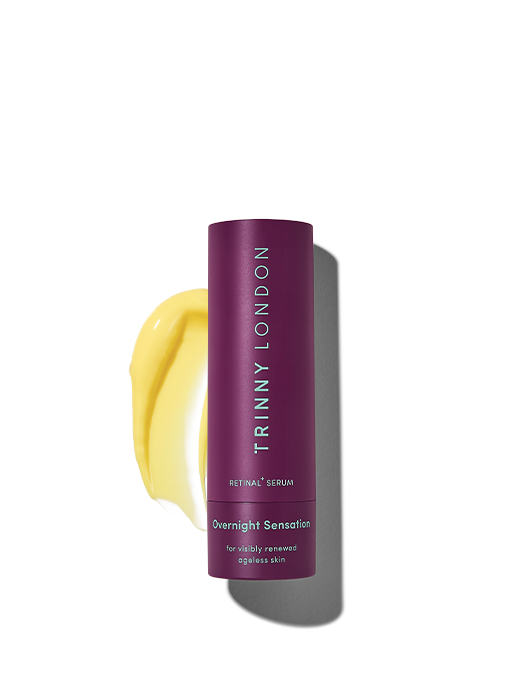
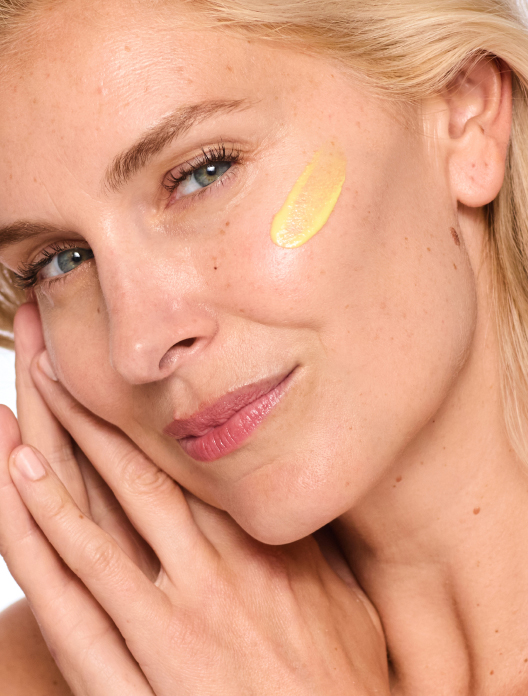
Hochdosiertes Retinal-Serum für regenerierte, alterslose Haut, für alle Hauttypen geeignet
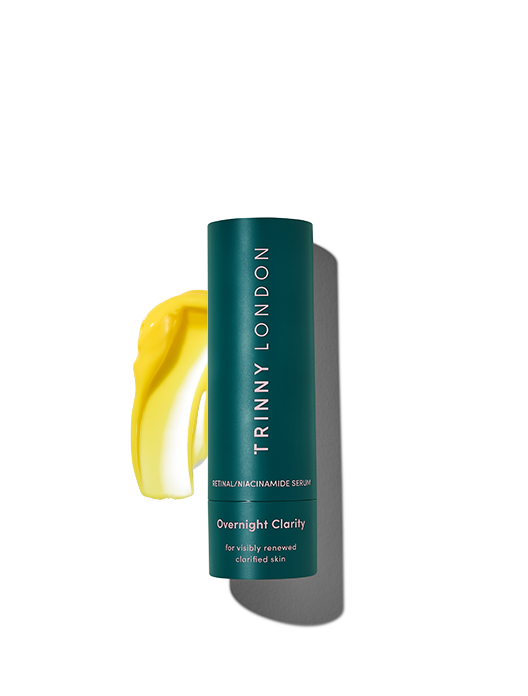
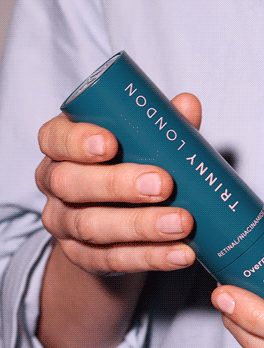
Retinal/Niacinamid-Serum für sichtbar geglättete, verjüngte Haut, für alle Hauttypen geeignet